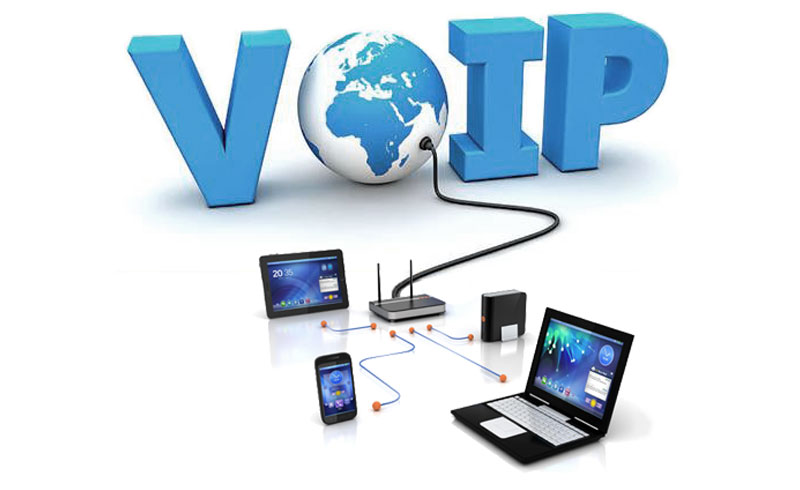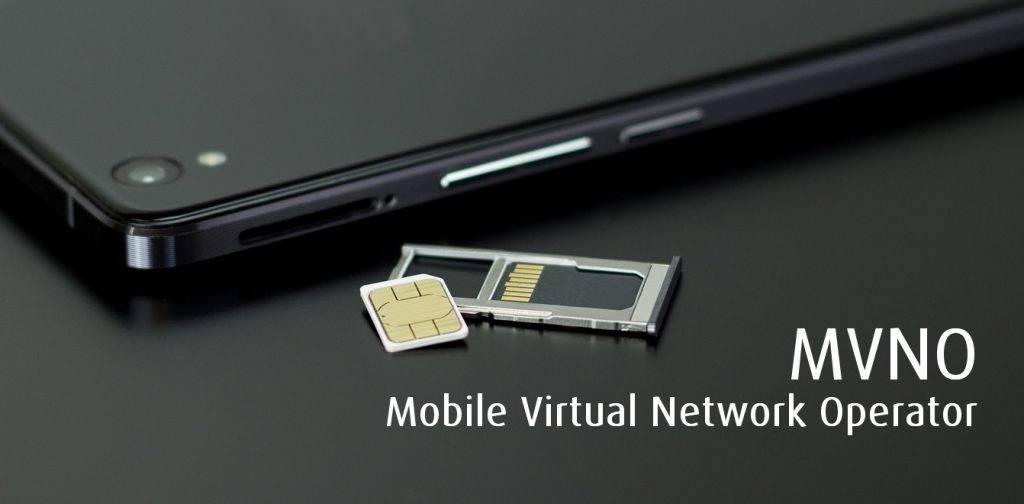VoIP Systems
VoIP systems have become a popular communication method for businesses. A VoIP phone system is software that enables digital communication and is short for Voice over Internet Protocol. By 2025, the traditional landline blackout will occur, making VoIP systems an excellent choice for switching.
How does a VoIP system work?
A VoIP system is simple. When a call is made, your voice is converted into digital signals, rather than analog signal like traditional landlines do, and then sent to the receiver. VoIP calling is a great option as it can be used on various devices such as mobile phones, tablets, desktops and more and includes voice and video calls.
Once set up, a VoIP phone system is affordable and hassle-free. All you need is a reliable Internet connection, including a modem and router. Which means that VoIP systems allow calls to be made from anywhere and no longer require businesses to have landlines.
How much does a VoIP system cost?
One of the biggest elements of a VoIP system is its affordability. Depending on the VoIP system provider you use, they are on average cheaper to run and install compared to traditional landlines.
The UK has many reliable VoIP system providers offering affordable VoIP products This allows start-ups, growing businesses, and other customers to install a VoIP system at a lower price than landlines.
What are the benefits of a VoIP system?
If you’re considering switching to a VoIP system, you may be wondering what the benefits are. VoIP systems have a variety of advantages, such as how easy they are to use, install, and run. Find out below some of the many advantages of a VoIP system.
Affordability – VoIP systems are inexpensive to install and run. The monthly costs to operate VoIP systems for businesses of all sizes are more affordable than traditional landline contracts.
Productivity – Since VoIP systems allow employees to take and make calls from anywhere, you can increase productivity with the rise of hybrid and remote working. In addition, VoIP systems include user-friendly applications to makes work easier.
Flexibility – VoIP systems can allow employees in small and growing businesses to work from home. VoIP systems allow for flexibility over location, a great option in a post-pandemic world
Easy to install – Whether you already have broadband, or even if you don’t, setting up and installing a VoIP system is quick and easy. Many VoIP providers will cover the entire installation process for you, which will mean you don’t have to wait for engineers and other workers to do your VoIP installation.
Friendly interface: Since VoIP systems are online, they are often feature-rich, and the applications are accessible to everyone and easy to use.
Professionalism: VoIP systems integrate professional business elements. For example, live music, digital receptionists, conference calls and much more. A VoIP system can help start-ups and small businesses build their brand and increase their number of customers.
Obviously, there are many advantages to a VoIP phone system. However, VoIP systems cannot function well without reliable Internet connections, which is something to keep in mind if you are considering giving up a landline phone.

What do you need for VoIP calls?
There are three main requirements for making a VoIP call: an Internet connection, a VoIP service, and the necessary hardware.
For most people, VoIP calling usually means opening a VoIP app on your Internet-connected smartphone and calling a contact. It’s called software-based VoIP, and it’s available through dozens of apps on all popular platforms, including Android, iOS, macOS, and Windows.
Hardware-based VoIP services require a special VoIP phone or analog telephone adapters (ATAs) connected to a regular landline phone. Both connect to your router to access the Internet and provide calling functionality. In the case of hardware-based VoIP services, you are usually assigned a virtual phone number or you can port an existing number.
VoIP Relevant Articles:
- Cost Savings (Click to find out)
- Scalability and Flexibility (Click to find out)
- Advanced Features and Integration (Click to find out)
- Mobility and Remote Work (Click to find out)
- Improved Collaboration and Productivity (Click to find out)
- What’s VoIP and its Key Benefits (Click to find out)
- Bandwidth and Internet Connection (Click to find out)
- Quality of Service (QoS) (Click to find out)
- Network Security (Click to find out)
- Infrastructure Evaluation (Click to find out)
- Existing Phone System Assessment (Click to find out)
- Hardware and Equipment Compatibility (Click to find out)
- Power and Backup Solutions (Click to find out)
- Upgrading Your Business to VoIP Services (Click to find out)
- VoIP Systems (Click to find out)
By A W Moghul
 MVNO MVNE MNO Mobile & Telecoms industry intelligence Telecoms Jobs, News and Business
MVNO MVNE MNO Mobile & Telecoms industry intelligence Telecoms Jobs, News and Business






